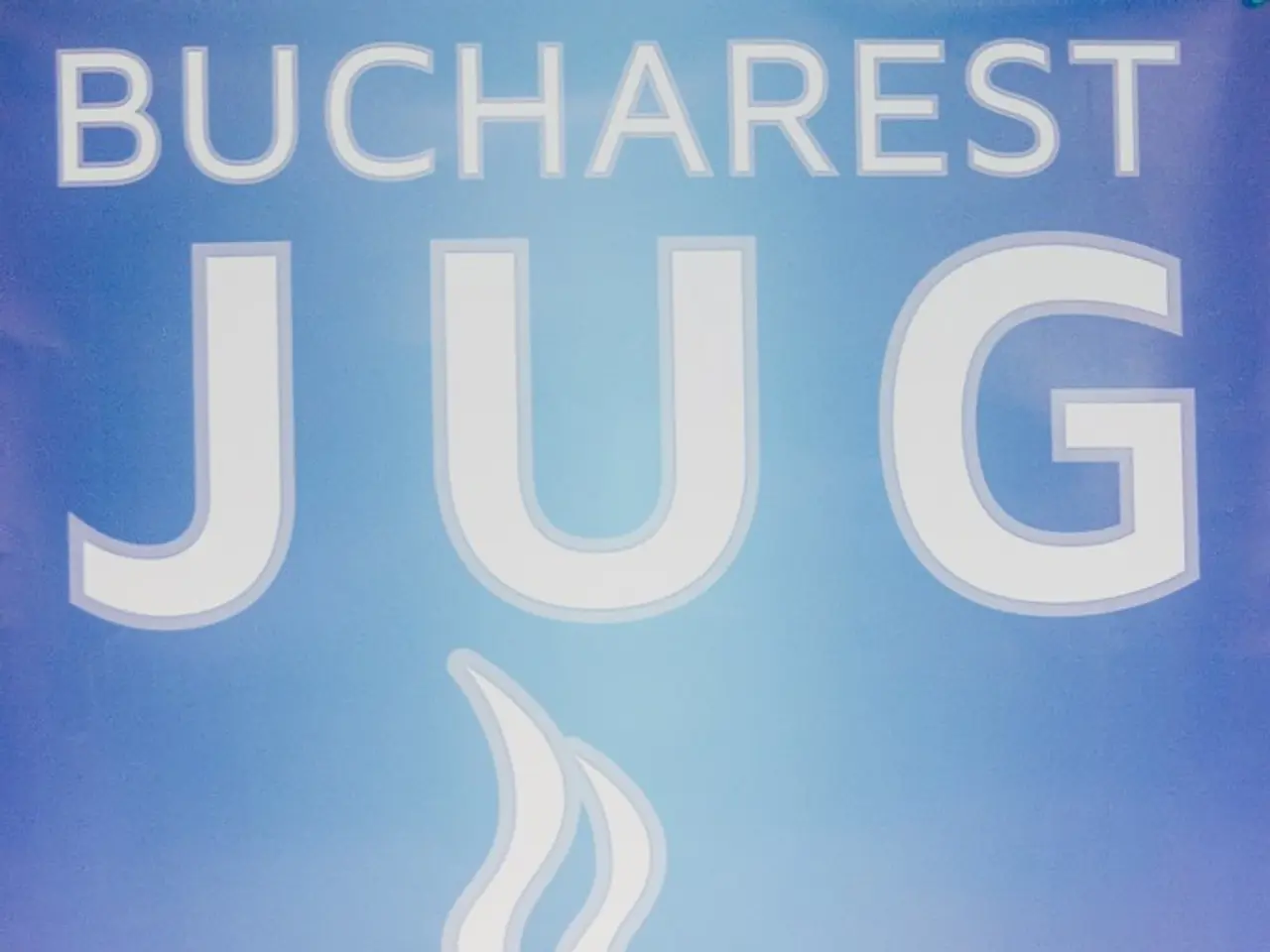UnitedHealth Group Experiences Membership Expansion Despite Intensifying Medical Expenditure Strain
UnitedHealth Group Projects Double-Digit Revenue Growth for FY2025
UnitedHealth Group (UNH) is gearing up for a significant financial boost in the upcoming fiscal year, with projections indicating a revenue range of between $445.5 billion and $448.0 billion for FY2025. This represents a double-digit increase compared to the FY2024 revenue of $400 billion [1].
One of the key drivers of this growth is the Optum Insight segment, which is expected to see revenues soar from $18.8 billion in 2024 to $19.5 billion in FY2025. The segment's growth is attributed to AI efficiencies and data-driven offerings, as shown by a 6% year-on-year growth in the second quarter of 2025 [2].
However, the company is not resting on its laurels. UNH is actively implementing cost-cutting measures to maintain profitability and offer affordability to its customers. The company aims to cut costs by over $1 billion in 2026 through these strategies [3].
The Optum Rx segment is also expected to see a revenue surge, with projections indicating that it will grow from $133.2 billion in FY2024 to $151.5 billion in FY2025 [4]. This growth is largely due to the affordability offered by Nuvaila, a private label business introduced by UNH, serving more than 20 million patients [5].
Despite these positive developments, UNH faces challenges in the form of rising medical costs. Increased medical costs, due to budget cuts and growing expenditures in the US healthcare system, pose a risk to UNH's revenues [6]. To combat this, UNH is exiting some less controlled Medicare Advantage plans serving over 600,000 members, raising premiums, and reducing benefits [2].
The company's cost-cutting strategies, while essential for restoring profitability, carry trade-offs. Fewer plan offerings, higher premiums, and regulatory scrutiny may restrain customer growth and retention in the healthcare insurance sector [1]. However, UNH's AI efforts are intended to improve patient and provider experiences by streamlining operations and cutting unnecessary expenses, potentially aiding service quality and retention in the long term [2].
Looking ahead, the value-based healthcare market is projected to grow at a compound annual growth rate (CAGR) of 7.4% between 2025 and 2030, reaching a market value of $6.16 trillion by 2030 [7]. As UNH continues to innovate and adapt, it remains to be seen how these developments will shape the company's future.
[1] UnitedHealth Group FY2025 Revenue Projections: What to Expect [2] UnitedHealth Group's Cost-Cutting Measures: Implications for Customer Growth and Retention [3] UnitedHealth Group's Cost-Cutting Strategies: A Closer Look [4] Optum Rx Revenue Projections: A Bright Future Ahead [5] UnitedHealth Group's Nuvaila: A Game-Changer in Value-Based Care [6] The Impact of Rising Medical Costs on UnitedHealth Group's Revenues [7] The Future of Value-Based Healthcare: A Market Outlook
Note: The article is not intended to provide financial advice and should be used for informational purposes only.
- The government may consider investing in UnitedHealth Group (UNH) to further drive growth in the healthcare sector, given UNH's ambitious FY2025 revenue projections and ongoing cost-cutting strategies.
- UnitedHealth Group's focus on data-driven offerings, such as those in the Optum Insight segment, could potentially attract investment from the finance sector, especially as they aim to improve health outcomes and lower medical costs.
- As UnitedHealth Group (UNH) seeks to expand its business through the value-based healthcare market, the company might consider partnerships with other industry players to ensure long-term profitability and health care coverage.
- Health insurance providers, like UnitedHealth Group, should maintain a close eye on the costs involved in their operations and seek ways to reduce them, as rising medical costs could pose a potential risk to their financial health and customer satisfaction.




